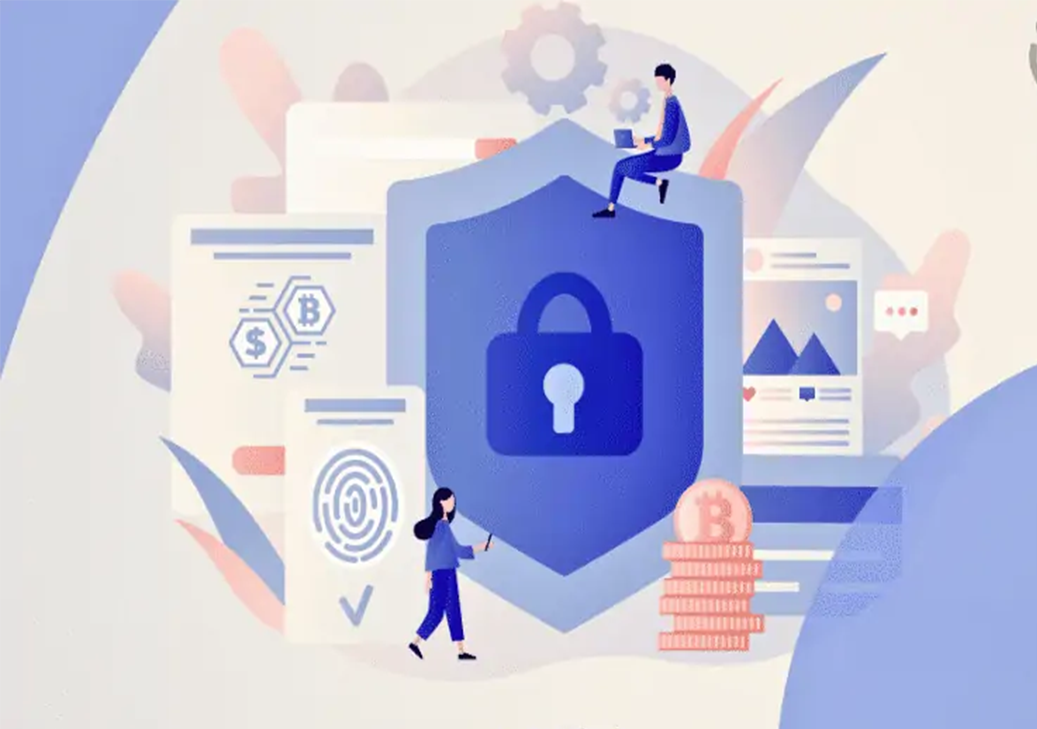Security and Risks
Security Measures for Crypto Investors

Best Practices for Keeping Your Crypto Assets Secure
Wallet Security
Tips for Securing Your Crypto Wallets:
-
Use Hardware Wallets: Hardware wallets, such as Ledger or Trezor, store your private keys offline, making them less vulnerable to hacking attempts. Always purchase hardware wallets directly from the manufacturer to avoid tampered devices.
-
Enable Multi-Signature Wallets: Multi-signature (multi-sig) wallets require multiple private keys to authorize a transaction. This adds an extra layer of security, as no single person can access the funds without the other key holders.
-
Regularly Update Wallet Software: Keep your wallet software updated to the latest version to benefit from security patches and new features that enhance security.
-
Backup Your Wallet: Regularly back up your wallet’s private keys or seed phrases and store these backups in multiple secure locations. This ensures you can recover your funds if your wallet is lost or damaged.
-
Use Strong, Unique Passwords: Create strong, unique passwords for your wallets and never reuse passwords across different platforms. Consider using a password manager to securely store your passwords.
Online Security
Best Practices for Protecting Your Accounts and Online Activities:
1. Enable Two-Factor Authentication (2FA): Enable 2FA on all your crypto-related accounts to add an extra layer of security. Use authentication apps like Google Authenticator or Authy instead of SMS-based 2FA, which can be vulnerable to SIM swapping attacks.
2. Be Wary of Phishing Attempts: Always double-check URLs and email addresses before entering sensitive information. Avoid clicking on links or downloading attachments from unknown or suspicious sources.
3. Use Secure Networks: Avoid accessing your crypto accounts over public Wi-Fi networks. Use a Virtual Private Network (VPN) to encrypt your internet connection and enhance security when accessing your accounts remotely.
4. Regularly Monitor Your Accounts: Frequently check your accounts for unauthorized activity and set up alerts for suspicious transactions. Immediate detection of unusual activity can help prevent significant losses.
5. Maintain Privacy: Be cautious about sharing information regarding your crypto holdings or transactions on social media or public forums. Revealing too much information can make you a target for scammers and hackers.
Avoiding Hacks
Strategies for Avoiding Common Hacks and Scams in the Crypto Space:
1. Conduct Thorough Research: Before investing in any project or platform, conduct thorough research to ensure its legitimacy. Look for information about the team, technology, partnerships, and user reviews.
2. Be Skeptical of High Returns: Be wary of schemes promising exceptionally high returns with little to no risk. These are often signs of Ponzi schemes or other fraudulent activities.
3. Verify Authenticity: Always verify the authenticity of websites, wallets, and exchanges before entering your private information. Look for security certificates (HTTPS), and check for reviews and ratings.
4. Stay Informed: Keep up with the latest news and developments in the crypto space to stay aware of new threats and vulnerabilities. Follow reputable sources and participate in community discussions to stay informed.
5. Diversify Your Holdings: Don’t keep all your assets in one place. Diversify your holdings across multiple wallets and exchanges to minimize the risk of losing everything in case of a hack.
